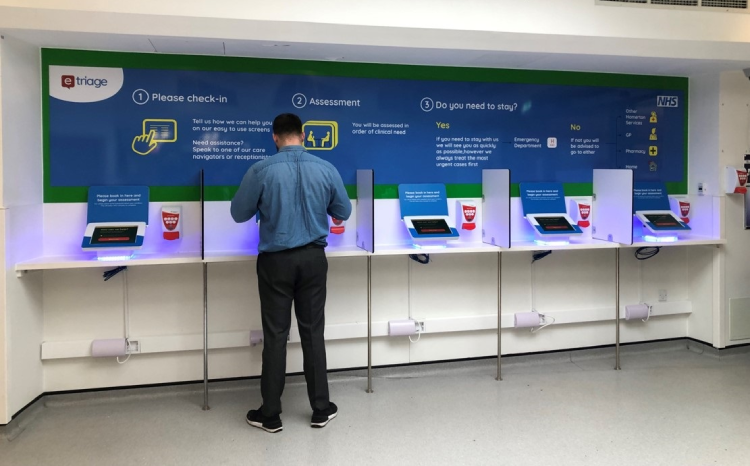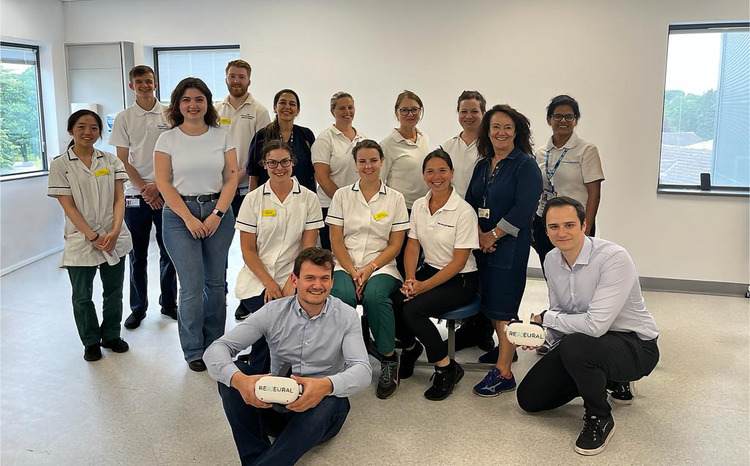NHSE says IT should flag patient safety issues in primary care
- 1 October 2024

- NHS England patient safety guidance for primary care says that IT systems should include clinical decision making support and automatically flag patient safety issues
- The strategy also recommends that primary care “take steps to address the barriers to digital health”
- It calls for ICBs to support primary care providers to implement new technology
New patient safety guidance from NHS England says that primary care’s IT systems should include clinical decision making support and automatically flag patient safety issues.
The ‘Primary care patient safety strategy’, published by NHSE on 27 September 2024, sets out guidelines for general practice, community pharmacy, optometry and dental services on reporting patient safety events, including near misses, via the national Learn from patient safety events service.
It follows the results of an investigation by the Health Services Safety Investigations Body, published in July 2024, which found that patient safety incidents relating to the use of online consultation tools by GPs have been underreported.
In the strategy, NHSE says that it wants want primary care to “have information systems that automatically flag patient safety issues such as missed patient referral follow-ups, safeguarding, diagnoses and medication issues, and accredited IT tools that support reliable referral and follow-up”.
It adds that it wants “IT to consistently support clinical decisions in primary care, by digitally embedding differential diagnosis decision guidance and safety netting advice”.
Currently, EMIS and TPP (SystmOne) automatically flag follow-ups to improve patient safety, and the Ardens system integrates did not attend (DNA) reviews and two-week cancer referrals and safety netting templates.
The strategy also recommends that primary care “take steps to address the barriers to digital health”, such as providing access to interpreting and translation services for text messages.
“We want accredited IT products to support reliable referrals and follow-ups and enable digital inclusion, which involves ensuring highly usable and accessible digital tools are available for patients and the workforce,” NHSE says.
It adds that the inclusive digital healthcare framework can be used “when initiating, developing and updating services to ensure that digital approaches and technologies are designed and implemented inclusively, and are complementary to non-digital support”.
The strategy also calls for integrated care boards (ICBs), which are responsible for providing general practice digital services, to support providers to implement new technology to “optimise realisation of benefits for patients and the workforce”.
In June 2024, NHSE cancelled its £300 million digital pathways framework, which was aimed at driving a rapid move to a modern general practice model by connecting ICBs with approved suppliers for digital GP tools for messaging, consultations and care navigation.
As well as complying with clinical risk management standards, NHSE says that ICBs should involve general practice staff and patient groups in the digital tool procurement processes and provide support to “implement digital tools effectively and safely”.
This includes identifying clinical safety officers (CSOs) who “engage with general practice to build understanding of the clinical safety case and good practice, including enabling staff to raise safety concerns, discuss and share improvements as part of a dynamic approach to continual improvement of patient safety,” the guidance says.
Kaye Reynolds, co-chair of the Digital Health Networks CSO Council, which launched in July 2024, said that the primary care strategy “highlights the importance of the CSO role in helping to ensure robust risk assessment around digital health tools”.
“This is a positive step forward in raising awareness of the DCB standards and the CSO role,” Reynolds said.





